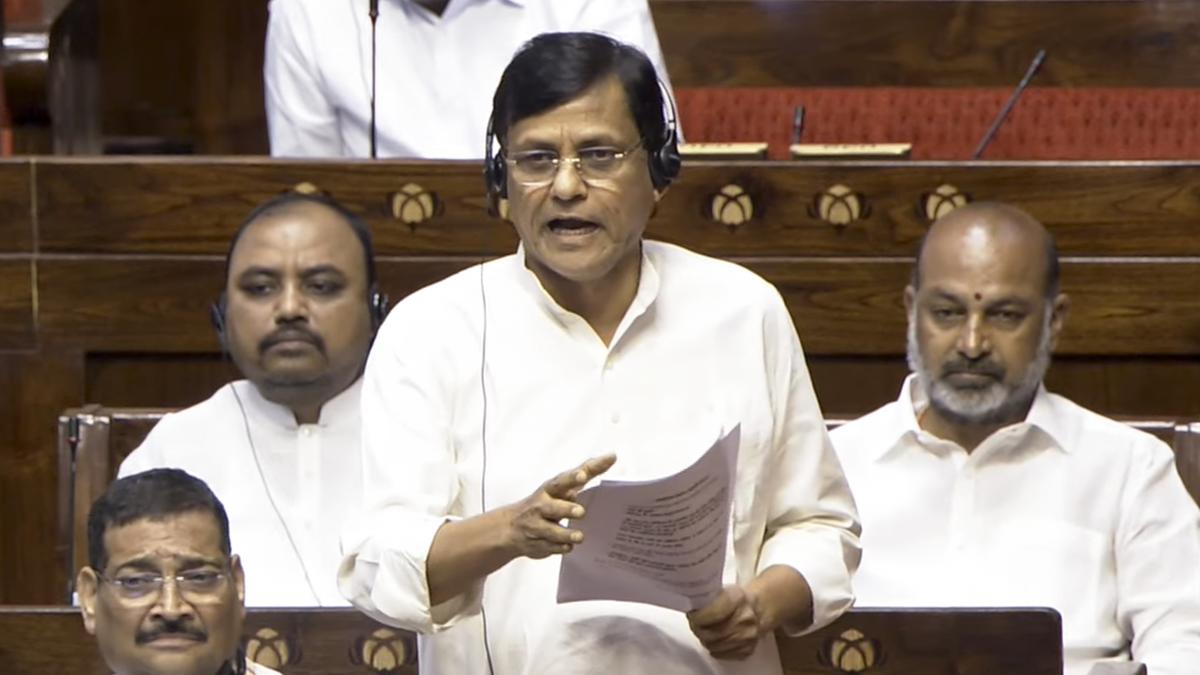Now Reading: Centre Avoids Clarifying Citizenship Proof Requirements in Lok Sabha
-
01
Centre Avoids Clarifying Citizenship Proof Requirements in Lok Sabha
Centre Avoids Clarifying Citizenship Proof Requirements in Lok Sabha

Quick Summary:
- The Ministry of Home Affairs (MHA) did not specify the categories of valid documents required to prove citizenship in India when responding to a Lok Sabha question.
- Citizenship is governed under the Citizenship Act, 1955, with eligibility determined by birth, descent, registration, naturalization, or incorporation of territory.
- Birth certificates are one of 11 documents listed by the Election Commission of india for inclusion in voter rolls during an ongoing revision in Bihar.
- MHA could not provide data on registered births in Bihar for 1998 adn 1999 and noted gaps in registered birth/death data from various states over other years (e.g., Uttarakhand from 2002-03 and Jammu & Kashmir for 2012).
- registration of births/deaths nationwide falls under provisions of the Registration of Births and Deaths Act,1969.
- Earlier data (August 5) stated that National Identity Cards mandated by law must be issued based on entries in registers like NRC.
Indian Opinion Analysis:
The absence of clarity on valid documents to prove citizenship comes amid broader concerns about identity verification mechanisms. While the Citizenship Act provides pathways like birth or naturalization for acquiring citizenship, leaving out specifics might fuel uncertainty during legal processes tied to documentation. Additionally, gaps identified in past birth registration data may complicate administrative efforts requiring citizen documentation or planning societal infrastructure at regional levels.
Efforts like Special intensive Revision initiatives using varied document options (e.g., voter rolls) reflect attempts toward inclusivity but simultaneously highlight systemic challenges prevalent across different states. Long-term improvements may require addressing disparities at foundational governance levels while leveraging robust frameworks like Civil Registration Systems. This dialog merits attention given its implications for inclusivity and administrative efficiency.
Read more at: Source Link.
























